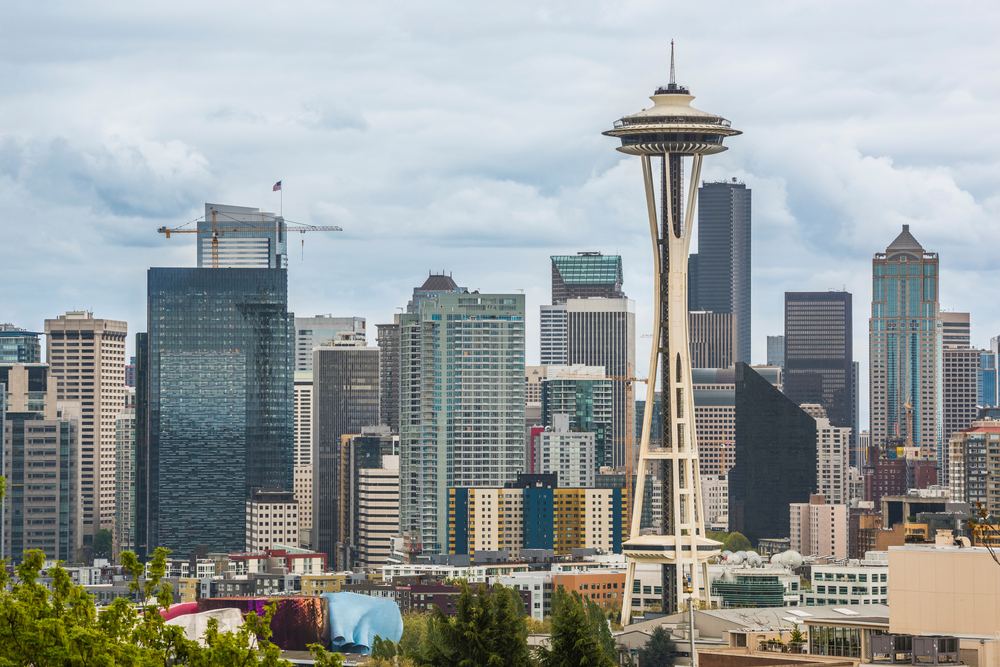Depression is one of the world’s most common mental health challenges, and according to the World Health Organization, it is a leading cause of disability, affecting approximately 280 million people. Though there is no known cure for depression, therapy and lifestyle changes can help you overcome it and get your emotions back on a more even keel.
What Is Seasonal Depression?
Now that fall has arrived and the sun sets earlier, you may be struggling to keep an upbeat attitude. If you find yourself dreading colder, overcast weather and shorter days, you may have a condition called seasonal affective disorder, or SAD. About half a million Americans experience the “winter blues.”
While experts have not pinpointed the reason some people have seasonal depression in the Pacific Northwest and elsewhere, prevailing wisdom suggests that having less available sunlight can shift your circadian rhythms and disrupt the brain chemicals that regulate your mood and sleep cycle.
Light therapy treatments can provide relief for fall-onset SAD. With this approach, you sit a few feet away from a special box that emits a bright light similar to natural sunlight. Light therapy requires no medications, carries little risk of side effects, and can start working in a few days to a few weeks.
Do You Need a Depression Screening?
Depression in the Pacific Northwest can rob you of all the enjoyment in life. If it’s hard for you to stay motivated because you frequently feel apathetic, hopeless, or angry, make an appointment with a general practitioner or psychiatrist. These health professionals can screen you for depression by asking you questions about your symptoms and their duration. While a depression screening is not the same as an official diagnosis, it can be the first step in getting the help you need.
The goal of getting screened for depression is to determine whether your mental health is prohibiting you from living your life to the fullest and carrying out your daily responsibilities. A doctor can identify health problems that often co-occur with depression, such as a substance use disorder. They may also prescribe you specific medications like selective serotonin reuptake inhibitors to affect the activity of neurotransmitters in your brain.
How to Overcome Depression
Managing clinical or seasonal depression in the Pacific Northwest can involve a combination of treatment approaches, including therapy. A trained therapist can use techniques like cognitive behavioral therapy, dialectical behavioral therapy, and motivational interviewing to change unhelpful thought patterns and improve your quality of life.
All-natural ways to boost your mood can include the following.
- Going outside: Surrounding yourself with nature can reduce stress and help you be more present in the moment. Your body makes vitamin D – a mood-enhancing nutrient – with as little as 15 minutes of daily sun exposure. A vitamin D deficiency can mimic several depression symptoms, including fatigue and trouble concentrating on tasks.
- Setting goals: If your depression has made you feel unmotivated and sapped your energy, you can push back by setting small, attainable goals for yourself.
- Exercising: Physical activity is one of the best natural depression remedies because it boosts endorphin levels in your brain.
Finding Help for Depression in the Pacific Northwest
Since 1983, Lakeside-Milam’s recovery experts have treated thousands of regional and national clients. Our treatment philosophy starts from the foundational knowledge that addiction is a disease and recovery is possible. We will help you change your thoughts, habits, and behaviors with a customized treatment plan. Reach out to us today for a complimentary evaluation of your mental and behavioral health.






